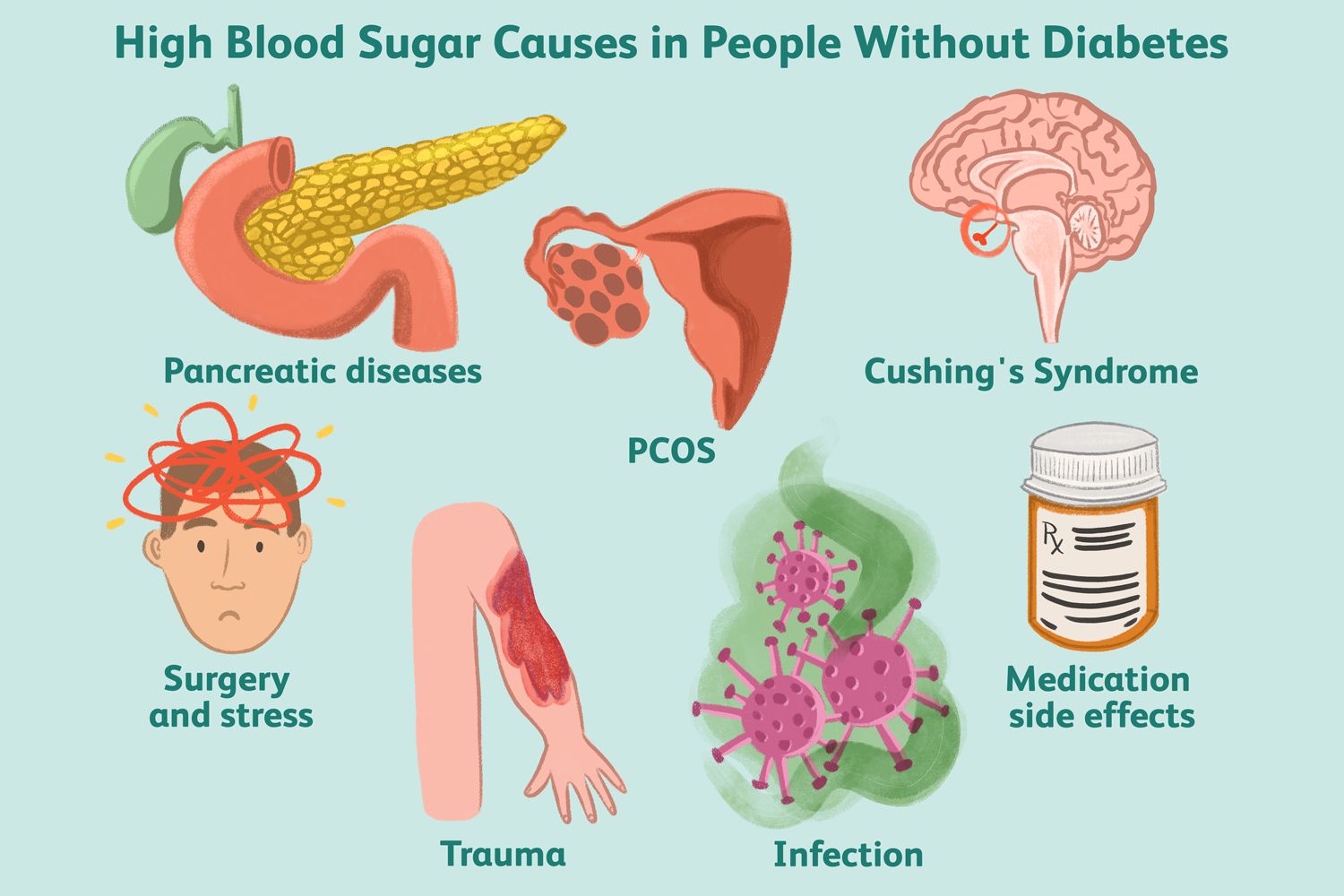Awareness is necessary for managing diabetes. Understand the daily elements that cause your blood sugar to increase and drop, and learn how to manage them with the help of this blog.
It can be challenging to maintain your blood sugar levels within the range advised by your doctor. That’s because various factors can inadvertently influence your blood sugar levels. The factors listed below may have an impact on your blood sugar levels.
If you are seeking the best diet for diabetics, visit Dr Spages. They also offer the best solution for diabetes.
Factors that affect blood sugar
- Food
Healthy life, whether or not you have diabetes, starts with good nutrition. You must understand how foods impact your blood sugar levels if you have diabetes. A person’s diet involves not only the type of food they eat but also how much they eat and how they combine different food types.
Learning how to measure carbohydrates is a crucial component of many diabetes control strategies. Carbohydrates frequently impact your blood sugar levels. Knowing the number of carbohydrates in your diet will help you get the correct insulin dose if you take mealtime insulin.
Find out the proper serving size for each type of food. By noting the serving sizes for foods you eat frequently, you can make your meal planning easier. To guarantee adequate portion size and a precise carbohydrate count, use measuring cups or a scale.
- Exercise
Another crucial component of your diabetes control strategy is physical activity. Your muscles use sugar (glucose) as energy while you work out. Your body uses insulin more effectively when you exercise often.
Together, these elements lower your blood sugar levels. The duration of the impact increases with the intensity of your workout. However, even simple tasks like housework, gardening, or standing for extended periods might lower your blood sugar.
- Medication
When diet and exercise alone are insufficient for treating your diabetes, insulin and other diabetes medicines are intended to lower your blood sugar levels. However, when and how many of these medications are taken will determine their efficacy. Your blood sugar levels may be impacted by medications you take for illnesses other than diabetes.
- Illness
The body produces stress-related hormones while you are ill to assist in the body’s battle against the sickness, but they can also cause a rise in blood sugar levels. Changes in your eating habits and regular activities can make managing your diabetes more difficult.
The body produces stress-related hormones while you are ill to assist in the body’s battle against the sickness, but they can also cause a rise in blood sugar levels. Changes in your eating habits and regular activities can make managing your diabetes more difficult.
If you can, keep eating normally to help you manage your blood sugar. Maintain a stock of stomach-friendly foods like gelatin, crackers, soups, and applesauce.
To stay hydrated, consume a lot of water or other liquids without calories, like tea. If you use insulin, you might need to consume sugar-sweetened liquids like juice or sports drinks to prevent deficient blood sugar levels.
- Alcohol
To counterbalance dropping blood sugar levels, the liver often releases stored sugar. The liver, however, may not provide the boost to your blood sugar levels if it is busy metabolising alcohol. After drinking alcohol, you may experience low blood sugar for up to 24 hours. Diabetes issues like nerve damage and eye degeneration might be made worse by alcohol. However, if your diabetes is under control and your doctor agrees, you may enjoy an occasional alcoholic drink.
For women of any age and men over 65, moderate alcohol consumption is defined as no more than one drink a day; for men under 65, it’s two drinks a day.
Read Also: Kiwis Have Health Benefits You Should Know

